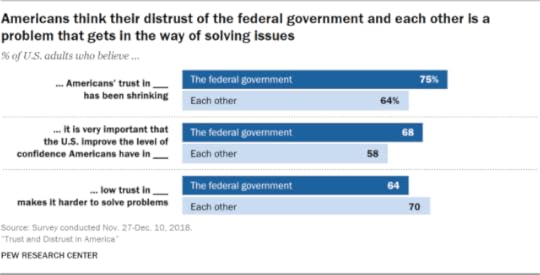Unten ist eine Momentaufnahme der Seite angezeigt, wie sie am
14.05.2024 angezeigt wurde (das letzte Datum, an dem unser Crawler sie besucht hat). Es handelt sich um die Version der Seite, die für das Ranking Ihrer Suchergebnisse verwendet wurde. Die Seite hat sich möglicherweise seit der letzten Zwischenspeicherung geändert. Damit Sie sehen können, was sich geändert hat (ohne die Markierungen),
navigieren Sie zur aktuellen Seite.


